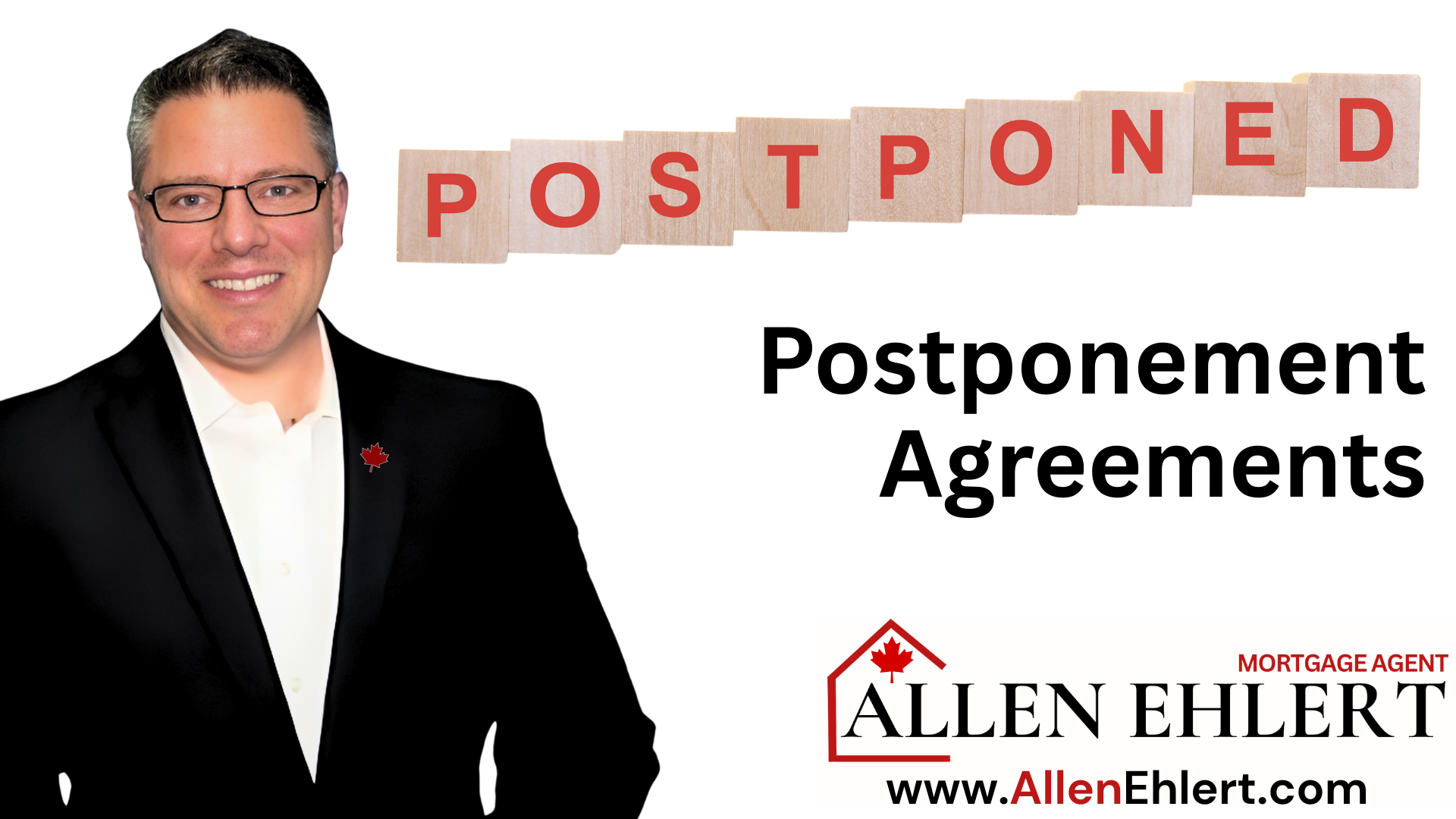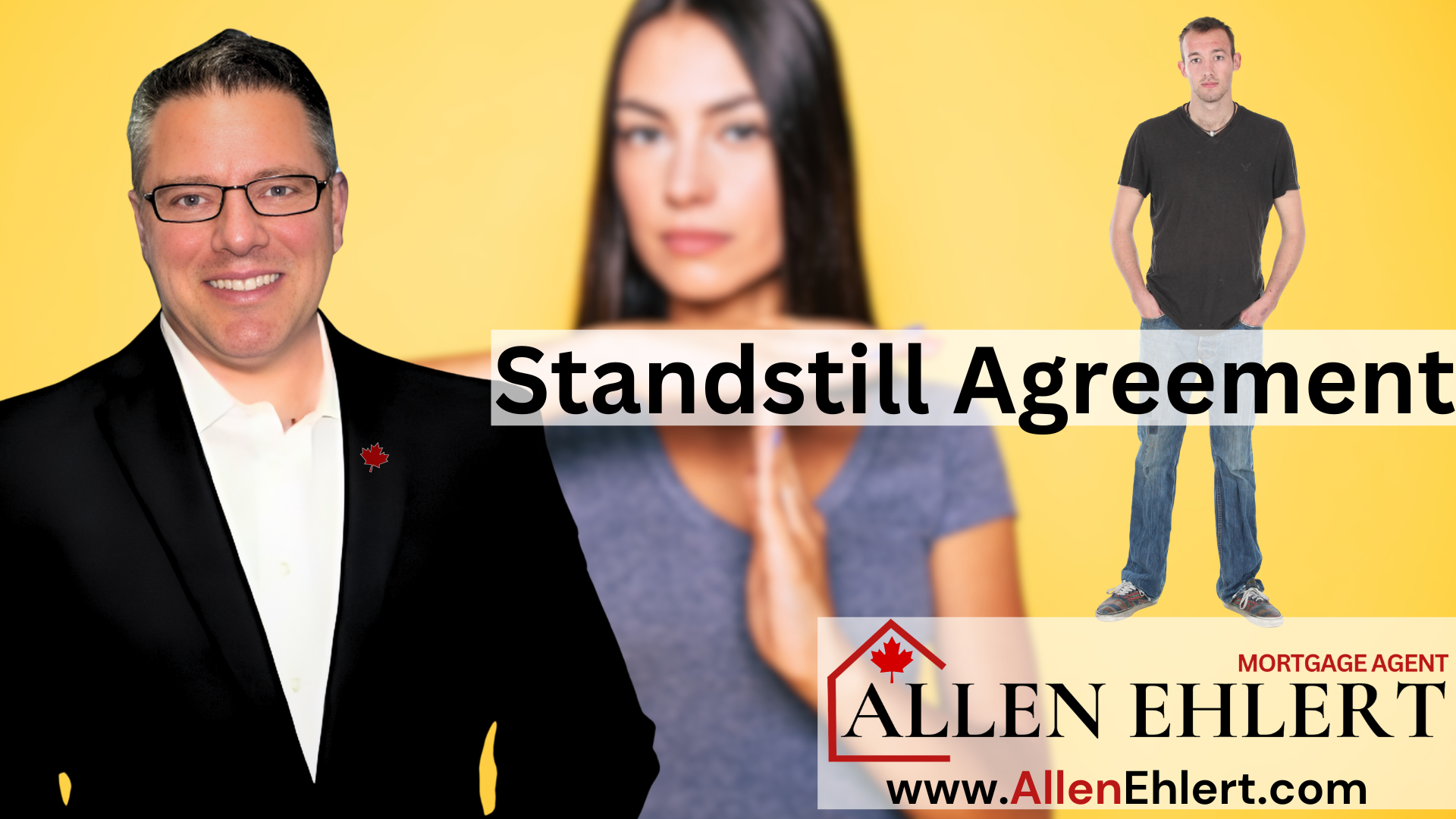What’s a Lender Fee, Brokerage Fee, and Commitment Fee Really About?”
When you’re arranging a mortgage, the words “lender fee,” “brokerage fee,” or “commitment fee” can feel like a foreign language. And if you’re thinking, “Why are there so many, and who’s pocketing what?” you’re not alone. These fees aren’t random add-ons; each one serves a different purpose, and knowing what they mean can save you a lot of confusion (and maybe a bit of stress).
I’ll discuss:
Lender Fee: Why Some Lenders Charge It
Brokerage Fee: Why It Sometimes Shows Up
Commitment Fee: Locking In Your Deal
Lender Fee: Why Some Lenders Charge It
A lender fee is charged by—you guessed it—the lender. This is common in private mortgages or alternative lending when your situation is unique (maybe you’re self-employed, your credit’s bruised, or you’re financing something outside of the big banks’ comfort zone).
Story Example
Take Sam, for example. He was buying an investment property but had just switched careers and didn’t have two years of consistent income. A private lender agreed to finance him but charged a 1% lender fee. Why? Because they were taking on more risk than a traditional bank would. Sam wasn’t thrilled, but he understood—without that lender stepping up, there wouldn’t have been a deal at all.
Who Typically Charges a Lender Fee?
Lender fees are most common with private lenders (like mortgage investment corporations or individual private investors) and sometimes with “B lenders” (specialized lenders who work with clients outside of strict bank rules). Big banks and credit unions rarely charge separate lender fees because their pricing is built into the interest rate instead.
READ MORE: Who Needs a Private Mortgage
Brokerage Fee: Why It Sometimes Shows Up
A brokerage fee is charged by the mortgage brokerage (that’s me and my team). Usually, for “A” lender mortgages, the lender pays me directly, so you don’t see a fee at all. But when a lender pays little or nothing—like with private or complex alternative mortgages—we sometimes charge a fee to cover the extra work, expertise, and financial analysis required to get you approved.
Story Example
Meet Jessica, a small business owner trying to refinance after a tough year. The banks weren’t biting. I sourced an alternative lender, built a full income presentation, and negotiated a competitive rate despite her credit challenges. That lender paid me a smaller commission than a bank would, so I charged Jessica a brokerage fee we discussed and agreed upon before moving forward. She later said it was worth every penny because, without it, she wouldn’t have been able to secure the funds she needed to rebuild her business.
Who Typically Requires a Brokerage Fee?
Brokerage fees usually apply when working with private lenders, niche alternative lenders, or specialty products like second mortgages, commercial financing, or unique property types. In these cases, either the lender doesn’t pay the brokerage at all or pays a reduced amount, and the complexity of the file requires additional expertise and time to structure the deal correctly.

Commitment Fee: Locking In Your Deal
A commitment fee is sometimes required by a lender to secure your approval and hold funds. It’s like a deposit that says, “Yes, I’m serious about this mortgage.” These are most common with private lenders or unique financing scenarios and are sometimes non-refundable if you back out after they commit to you.
Story Example
Take Aaron and Priya, who needed fast financing for a rural property that didn’t meet bank guidelines. The private lender said, “We’ll hold these funds for you, but we need a $2,000 commitment fee to secure the deal.” That fee showed the lender they were serious and kept the funds locked in while everything else came together. It gave Aaron and Priya peace of mind knowing their financing wouldn’t disappear mid-transaction.
Who Typically Requires a Commitment Fee?
Commitment fees are most common with private lenders and construction or bridge financing providers, where holding funds in advance carries a cost. Some specialized “B lenders” may also require commitment fees for unique property types or borrowers with non-traditional financial profiles. Traditional big banks rarely charge a separate commitment fee for standard residential mortgages because their processes and risk models are built differently.

Allen’s Final Thoughts
Mortgage fees can feel like alphabet soup at first glance, but when you understand them, they make a lot more sense. A lender fee covers the lender’s risk. A brokerage fee covers the extra work and expertise needed to get complex deals approved. A commitment fee locks in funds so you know your mortgage is secure.
Here’s the good news: you’ll never see these fees for the first time at the last minute. I bring them up early—before we proceed—so you know what to expect and why it’s there. Transparency is everything, and if there’s ever a fee, it’s because it delivers value to your situation.
At the end of the day, my role as your mortgage agent is to cut through the jargon, advocate for your best interests, and handle the heavy lifting so you can focus on your next move—whether that’s buying your first home, investing, or restructuring your finances for a stronger future. I’m here to find solutions, explain everything clearly, and make sure you feel supported at every step.












